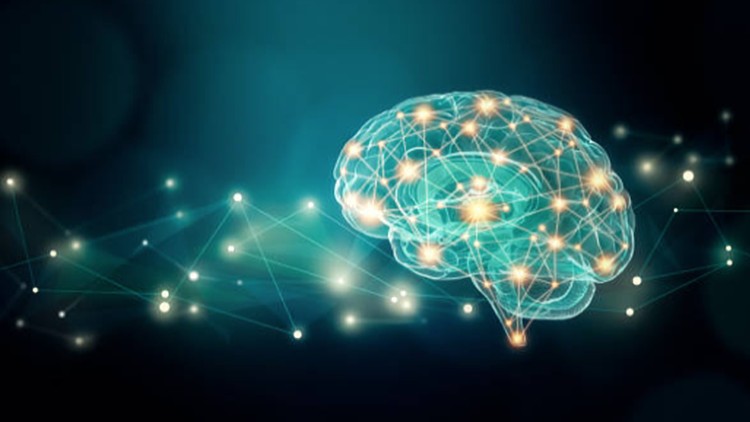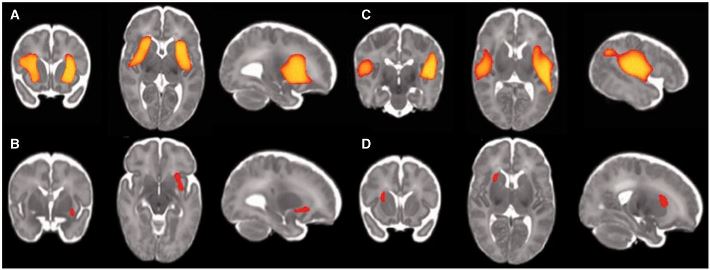Posts Tagged ‘biological’
Lifestyle matters: What we can do in 2024 to optimize cognition and life, delaying cognitive problems even dementia
Walk 10,000 steps a day, cut back alcohol, get better sleep at night, stay socially active — we’re told that changes like these can prevent up to 40 per cent of dementia cases worldwide. Given that dementia is still one of the most feared diseases, why aren’t we pushing our doctors and governments to support…
Read MoreThe way we approach Mental Health today is broken beyond repair. The question is, what comes next, and how fast can we get there?
The hidden links between mental disorders (Nature): In 2018, psychiatrist Oleguer Plana-Ripoll was wrestling with a puzzling fact about mental disorders. He knew that many individuals have multiple conditions — anxiety and depression, say, or schizophrenia and bipolar disorder. He wanted to know how common it was to have more than one diagnosis, so he…
Read MoreStudy: Neonatal MRI scans of preterm children can help predict cognitive and academic problems, and guide early interventions
Predicting future cognition in preterm children with MRI (Oxford University Press blog): “In the wake of the development of advanced neonatal intensive medical care, more and more children born preterm manage to beat the previously tough odds…While this is one of the success stories of modern medicine, long-term follow-up of premature-born pediatric cohorts show that…Many children…
Read More


